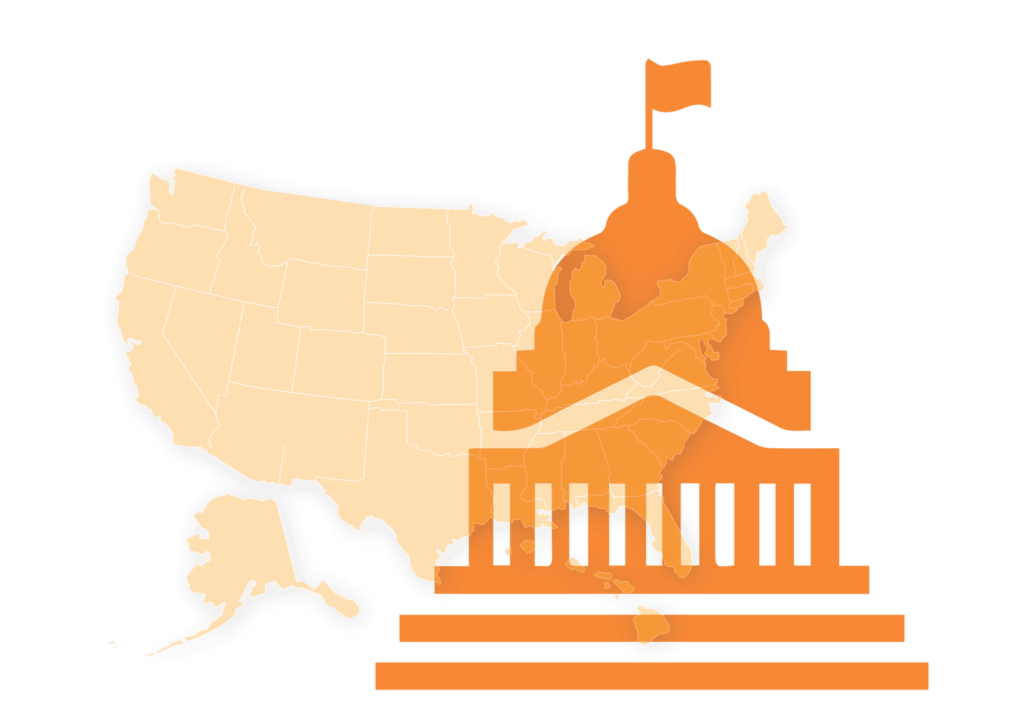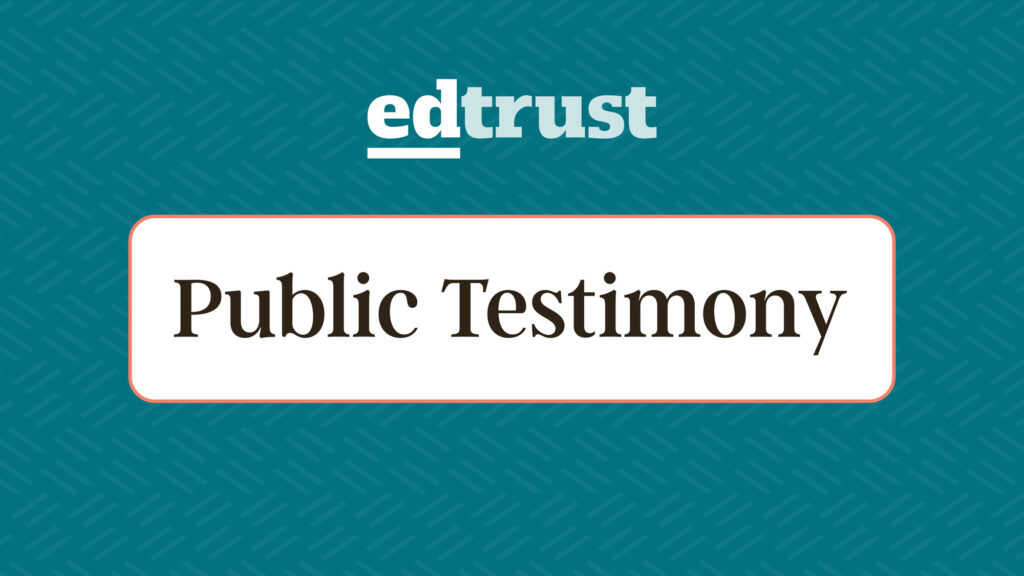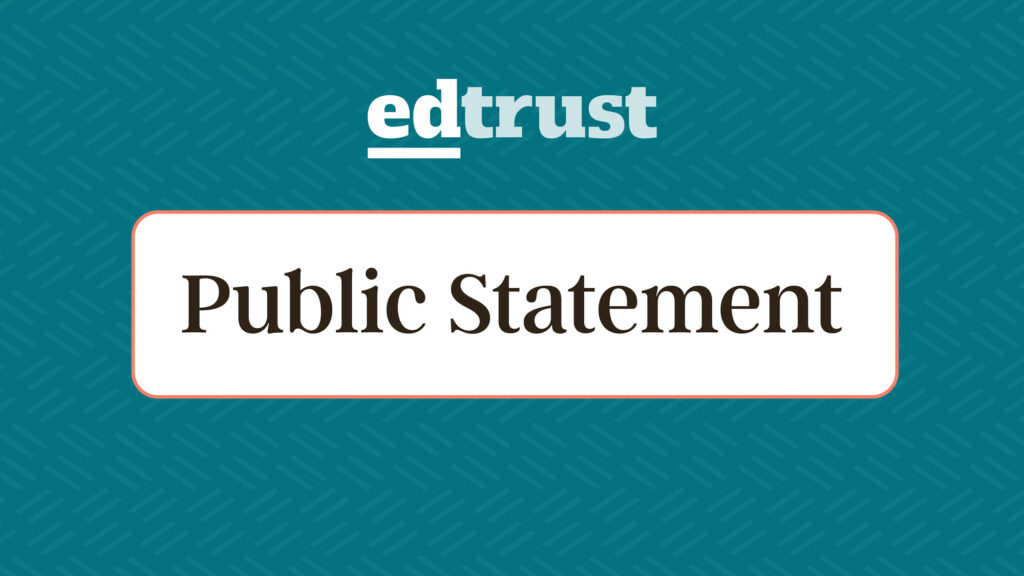Dear Chair Murray and Ranking Member Blunt:
We, the undersigned organizations, representing a diverse coalition of education associations, civil rights groups, think tanks, researchers, and stakeholders with strong interest in improving college graduation rates, write to express our support for appropriating $200 million for Postsecondary Student Success Grants (PSSG) in Fiscal Year 2023 (FY23 ), and for the tiered evidence language in the House Labor-HHS-Education appropriations report. This investment would build on the bipartisan FY22 omnibus funding bill that allocated $5 million for Postsecondary Student Success Grants. This tiered evidence program is vital to developing, implementing, and scaling evidence-based retention and completion reforms enacted by partnerships of states, systems of institutions, and colleges and universities. These reforms break down barriers to college completion, boost college completion rates, and increase the public return on investment in higher education.
While high school graduation rates have improved steadily nationwide in recent decades , college completion rates have not kept pace and large racial gaps in degree attainment persist. Students from low-income backgrounds, students of color, and first-generation college students face greater barriers to earning a degree and accessing the high-quality jobs that need to be filled and attaining the upward mobility experienced by college graduates.
These are major challenges , but they can be addressed. Rigorous research demonstrates that college completion initiatives that provide comprehensive and customized supports are highly effective at advancing postsecondary outcomes across a variety of regional and institutional contexts. The City University of New York’s Accelerated Study in Associate Programs (ASAP) launched in 2007 has doubled three-year associate degree completion rates among participants. The ASAP model has since been replicated in Ohio, California, Tennessee, and West Virginia. Students participating in the Bottom Line program – which operates in Massachusetts, New York, and Illinois – are 10 percentage points more likely to have earned a bachelor’s degree within six years after high school than their peers. Federal investment to replicate proven college completion programs like these at more institutions and bolster the evidence base for other promising student success practices is urgently needed to get more students across the finish line to a postsecondary degree.
Congress has an exciting opportunity to help address America’s college completion crisis and build on prior bipartisan funding by increasing investment in Postsecondary Student Success Grants. We urge you to include $200 million for PSSG alongside the tiered evidence language in the House Labor-HHS-Education appropriations report in your FY23 Senate Labor-HHS-Education appropriations bill. Thank you for your consideration of this needed investment to increase postsecondary completion and strengthen our economy.
Sincerely,
American Federation of Teachers
America Forward
APIA Scholars
Association of Community College Trustees
Association of Public and Land-grant Universities
American Association of State Colleges and Universities
Excelencia in Education
Higher Learning Advocates
Institute for Higher Education Policy
League of United Latin American Citizens (LULAC)
National Alliance for Partnerships in Equity
National Association of State Student Grant and Aid Programs
National College Attainment Network
New America Higher Education Program
Results for America
State Higher Education Executive Officers Association
The Education Trust
The Institute for College Access & Success
Third Way
UnidosUS






 August 28, 2025 by
August 28, 2025 by 
